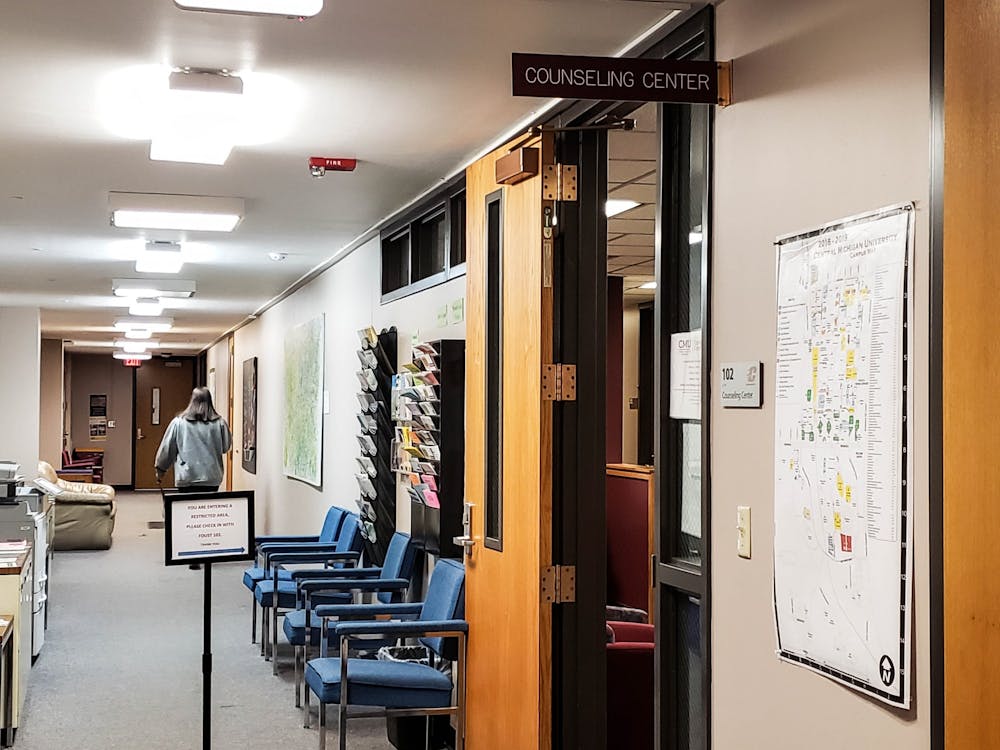Care Reports increased by 12 percent this semester, Care director says
Care Reports and counseling appointments have been steadily increasing over the past few years. The COVID-19 pandemic has “tipped the scales.”
In comparison to last fall, Care Report submissions have increased by 12 percent. Within the last two years, Care Reports have increased by 120 percent.
“(COVID-19 is an) overhanging cloud that impacts everything from shopping, to (going to class) and the ability or inability to spend time with family,” said Director of Care Andrea Lobert. “People, who were previously successful at navigating and managing, (are struggling) because their coping skills are not enough anymore in this extended time of prolonged stress.”
Lobert said she’s seen more academic-related reports this semester, which are usually the first indicator of a larger issue students are facing.
Before the pandemic, Lobert would typically split the cases between herself and her assistant coordinator. Now, the influx of Care Reports has meant Residence Life Care Advocates are having to assist.
Moving forward, Lobert said the Care Team is looking to “design” a more long-term, sustainable model for staff and students.
Melissa Hutchinson, Executive Director of Counseling Services, said it’s hard to gauge an increase in counseling appointments this semester due to funding reductions.
Because of their smaller staff, the Counseling Center has offered fewer available appointments than in the previous year, but the bookings have been “very full.”
Hutchinson said increasing appointments aren't a new trend, but the pandemic - in addition to social injustices and the 2020 election - are amplifying student stressors.
So far into the semester, over 800 students have scheduled a counseling appointment. Hutchinson said the Counseling Center has managed to avoid a waitlist by changing its schedule to accommodate more students.
Accounting for the election, the Counseling Center recently introduced “Let’s Talk” appointments, which are only half an hour versus the typical hour-length session. This minor adjustment has allowed more students to book appointments.
"We know that for students in college waiting is not an option," Hutchinson said. "Homework continues to pile up, bills continue to come in and assignments continue to be due. We don't want students to wait, get behind and get into a position where (they're) negatively impacted."
COVID-19 has presented an undeniable amount of challenges at virtually every level. According to Hutchinson, a big component of the stress is the uncertainty around when COVID-19 will end.
"This is a difficult time, but I believe we'll get through it, and we'll get through it together," she said. "We're just going to keep continuing to do what we can to support students, help them get through this time and keep their education moving forward."
To learn about mental health resources or schedule an appointment with the Counseling Center, visit their website here. To submit a Care Report, visit the Care website here.
Although most appointments are virtual, Care Advocates and counselors will meet in-person as per request.







